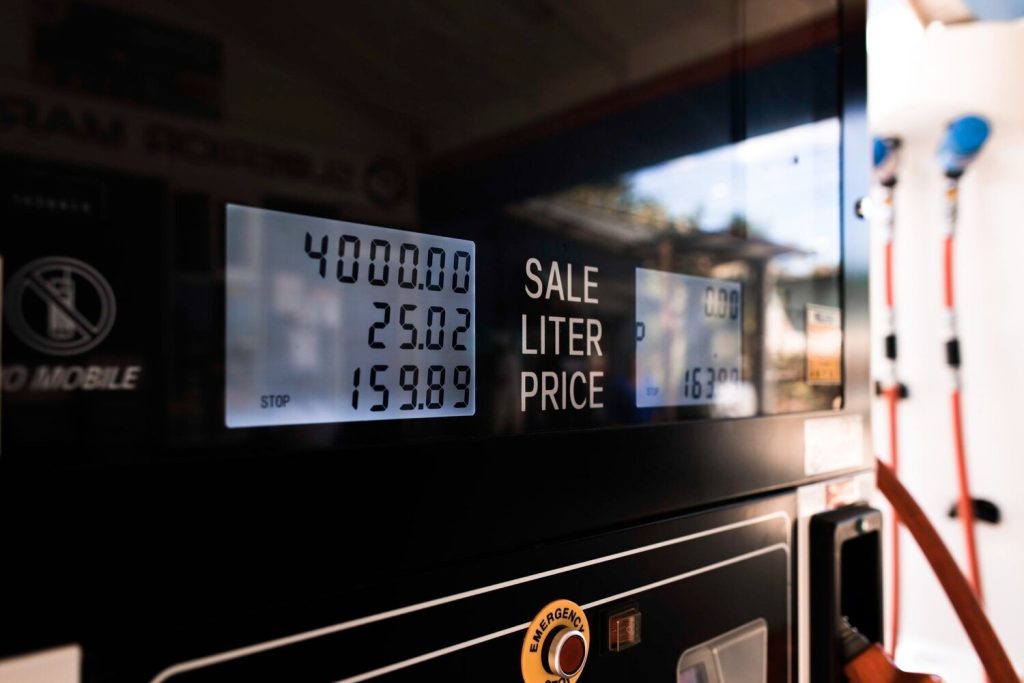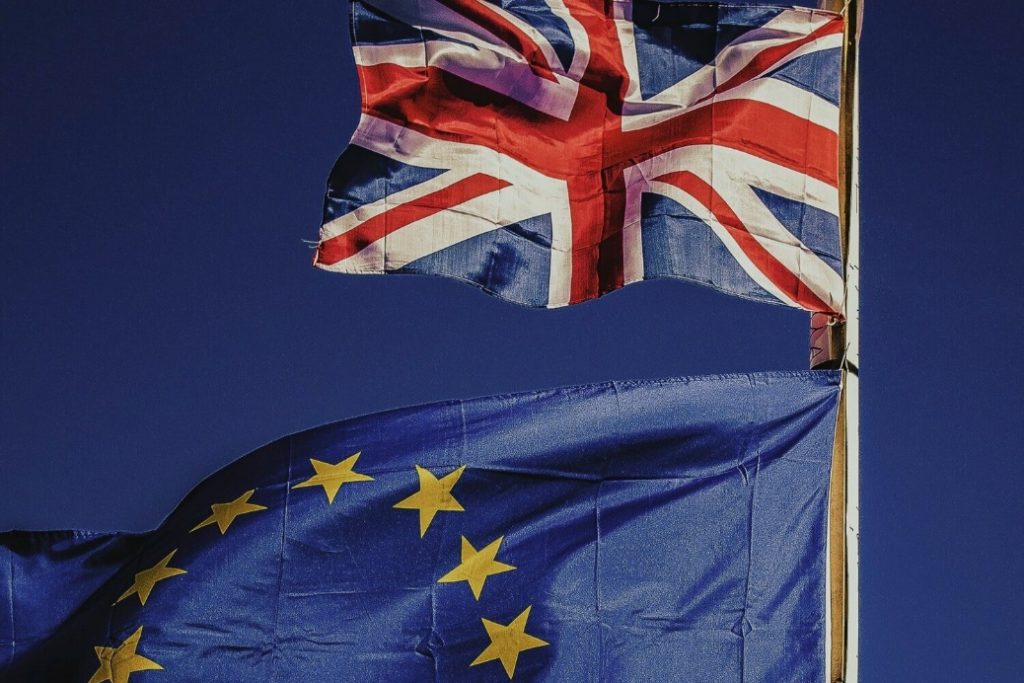Dollars and sense: internal activism
‘Green’ investment funds and public pressure are forcing big oil firms to change their behaviours, but immediate material change will be limited, while we await and expect further regulatory changes.
This year’s AGM season provide tumultuous for the world’s largest publicly-listed energy firms. Activist ‘green’ hedge funds have used their positions to compel major players to progress on their decarbonisation credentials. Such firms have always been vulnerable to criticisms from climate activists and environmental NGOs.
But the rising salience as climate change as a political issue, coupled with the trend toward a greater focus on companies’ social and environmental credentials, has lent credibility to climate activists operating in the financial world.
Hedge funds such as Engine No. 1 have led the charge by forcing board appointments and environmentally-conscious resolutions at some of the biggest oil firms, including Chevron and Exxon Mobil. These efforts are positioned as moves to maximise shareholder returns and to ensure that energy firms are well-equipped to weather global transitions to renewables. This is a trend we will doubtless see continue as climate change’s impacts are further felt across the world and activists emulate the like of Engine No. 1.
We are also seeing developments of the regulatory environment around listed firms’ environmental reporting requirements in both the UK and the US. For example, the next few years will see the progress along the FCA’s roadmap concerning firms’ obligations around climate and ESG reporting. The roadmap includes reporting requirements for listed entities aimed at preventing greenwashing. From this accounting year, it is already the case that large publicly-listed firms should report their approach to measuring and managing climate-related impacts and risks, and the FCA looks committed to expanding the set of firms affected.

Across the Atlantic, the SEC appears similarly committed to mandating that public companies report climate risks around their behaviours. Although it is already the case the case that oil and gas firms must report on their carbon emissions in the US, this regulatory shift is symptomatic of greater desire by regulators and governments to force companies to disclose the climate impact of their activity. As a sector long negatively associated with carbon emissions, we expect more stringent regulatory mandates to be placed on oil and gas firms in the coming years.
Major economies’ efforts to reach net zero carbon emissions are proving politically contentious across the world. Mandating more open climate reporting will help provide governments with greater political cover to make necessary policy changes. The tightening of ESG reporting requirements, however, can shift the onus for action to a fight between business and government to one within the boardroom.
Though oil majors have been exploring how they can convert their existing facilities to expand their renewable energy production capacity, ‘green’ policies by firms will only go so far. Increased regulation, both in the form of reporting requirements and of minimum climate standards necessary for listing, will likely be a permanent fixture. Governments and activists will both look to listing requirements to bring the battle to the boardroom.
“We welcome the new directors to the board and look forward to working with them—constructively and collectively on behalf of all shareholders.”
Exxon Mobil spokesperson, in response to election of Engine No. 1’s nominees Gregory Goff and Kaisa Hietala.
Power play: Afghanistan’s last bastion
The stunning fall of the Afghan government over the last week has sent shockwaves rippling across Western governments, with 20 years of military, human, and financial capital appearing to have been for nought in the fight for control of the country.
US President Joe Biden has made clear that he sees no more direct role for US forces in the country despite acknowledging the surprising speed and scale of the Afghan government’s defeat. And while UK Defence Secretary Ben Wallace too has bemoaned the state of affairs in the country, the reality is that there is no political will in Britain. However, one pocket of resistance to the Taliban remains – Afghanistan’s Panjshir Valley.
Panjshir’s most famous son, Ahmad Massoud, announced on 16 August that he planned to lead a new anti-Taliban movement from the region, the sole territory that has not fallen to Taliban control over the last week. The Panjshir has welcomed fleeing minorities from other parts of the country, special forces units abandoned by their military leaders, and vice president Amrullah Salleh, one of the only senior leaders from the Western-backed government not to flee the country. Protected by significant peaks and a loyal population, it is not the first time that resistance to the Taliban has been left to the Panjshir Valley.
The region famously never fell to the Taliban in the pre-US invasion civil war. It became the core of the ‘Northern Alliance’ against the Taliban that was led by Ahmad Massoud’s father, Ahmad Shah Massoud, better known as ‘the Lion of Panjshir’.
Ahmad Shah Massoud was assassinated two days before the 9/11 attacks, by al-Qaeda operatives posing as Western journalists. The killing was ordered by Osama bin Laden as assistance for his Taliban hosts and to shore up the al-Qaeda-Taliban alliance before the terrorist attacks that did so much to change Afghan and world history. That his son is now left to fight the Taliban without direct Western assistance – effectively the same situation which Ahmad Shah Massoud found himself in, having pleaded for support at the European Parliament just months before his assassination – demonstrates how little impact Western intervention has had on Afghanistan’s underlying divisions.
The younger Massoud notably finds himself without the same broad alliance among Tajiks and Uzbeks that his father was able to rely on. Even before the government’s collapse, the Taliban made inroads in northern Afghanistan far beyond what it ever achieved before the US-led invasion. Meanwhile the Taliban has made clear it seeks international recognition, and even made noise about adjusting its medieval practices ever so slightly to such support. However, it ultimately remains the reprehensible terror group that it has always been.
If there is to be any international support for an anti-Taliban effort now or in the future, Ahmad Massoud and the Panjshir Valley may prove the sole conduit for hope that Afghanistan can avoid another decade of darkness under Taliban rule.
“This situation over the short and long-run, even in case of total control by the Taliban, will not be to anyone’s interest. It will not result in stability, peace and prosperity in the region. The people of Afghanistan will not accept such a repressive regime. Regional countries will never feel secure and safe.”
Ahmad Shah Massoud, ‘Letter to the American People’ (1998)
Policy review: hydrogen hopes
The UK government launched its first its plans for a ‘world-leading hydrogen economy’ on 17 August, declaring its intent to secure more than 9,000 jobs in the sector and unlock £4 billion in investment by 2030. Hydrogen has long been linked with the green agenda, as the gas produces no carbon emissions when burned.
However, hydrogen comes in various varieties – and the debate over how to support the sector’s development largely breaks down into two camps over these: advocates of ‘green hydrogen’ derived from electrolysis and ‘blue hydrogen’ derived from natural gas but in which the carbon dioxide in this process is captured and securely stored or disposed.
The government’s hydrogen plan declares its preparation to offer subsidies in support of hydrogen production but crucially demurs on whether it will subsidise green or blue hydrogen, or both, only “committing to providing further detail in 2022 on the government’s production strategy”. A public consultation on “a preferred hydrogen business model” is now underway.
Advocates of both forms of hydrogen production will be lobbying the government in line with their preference, with ‘blue’ advocates keen to demonstrate its lower cost and ‘green’ supporters advocating for its potential as a carbon-free energy source, with no long term storage costs even if presently it is significantly more expensive.
The cost difference to the UK could be significant, as the government’s strategy lays out that it plans to offer effective ‘feed in tariffs’ in which hydrogen producers receive a payment to bridge the difference between the cost of production and the price at which they sell it on the market. It does caveat that this market price cannot be lower than the price of natural gas, but the price differential between gas and ‘green’ hydrogen is significantly wider at present than between gas and ‘blue’ hydrogen.
Blue hydrogen’s advocates, however, have an additional tool at their disposal in addition to the cost basis, which will be subject to advancing economies of scale in electrolysis technology (though some have already voiced concerns about reliance on Chinese technology in this space). Namely that blue hydrogen offers a route to extending the lifeline of the North Sea’s hydrocarbons industry – something already endorsed by the UK’s oil and gas industry.
With the public purse under post-pandemic pressure and the Conservative’s levelling up agenda, subsidies for blue hydrogen may well prove a potential panacea for a number of areas of concern, but selling their potential will require a sustained and joined up effort from both legacy industry and new hydrogen players.
“I believe that water will one day be employed as fuel, that hydrogen and oxygen will constitute, used singly or together, will furnish an inexhaustible source of heat and light” Jules Verne
































